I am so conflicted about this movie. it is sitting on top of many critics best of the year list, Cate Blanchett is almost certainly going to win an Oscar for her titular role, and while I don’t think it is necessarily a bad movie I am certainly unconvinced of its apparent brilliance.
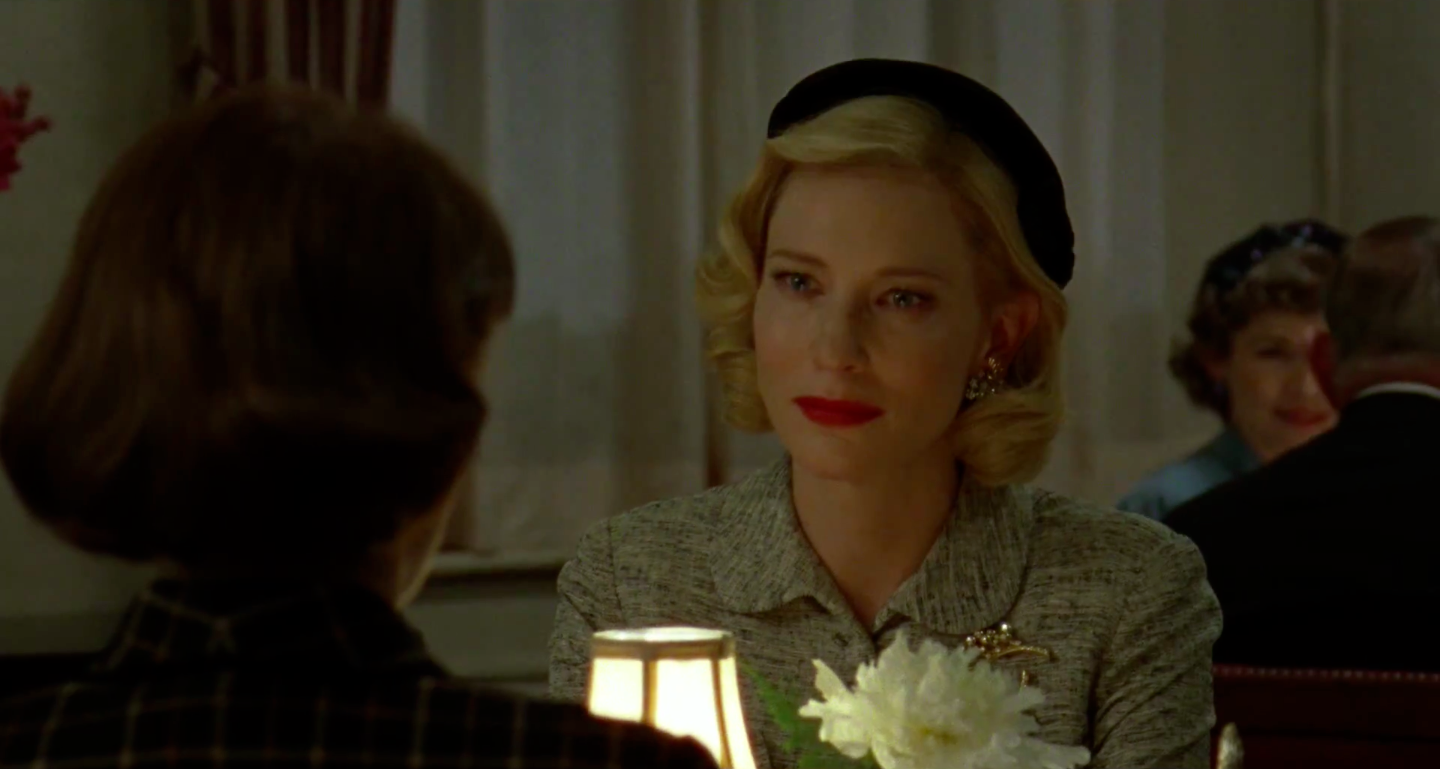 Carol is a fictional story based upon a novel written by Patricia Highsmith. This is the same author who wrote The Talented Mr. Ripley and Strangers on a Train. The novel, “The Price of Salt” was written under a pseudonym, Claire Morgan, perhaps because Highsmith was concerned about the backlash of writing a lesbian love story in 1952, but almost certainly because she drew so much of the meat of the story from her own life. Read how The New Yorker tells the story behind the story.
Carol is a fictional story based upon a novel written by Patricia Highsmith. This is the same author who wrote The Talented Mr. Ripley and Strangers on a Train. The novel, “The Price of Salt” was written under a pseudonym, Claire Morgan, perhaps because Highsmith was concerned about the backlash of writing a lesbian love story in 1952, but almost certainly because she drew so much of the meat of the story from her own life. Read how The New Yorker tells the story behind the story.
December of 1948, Patricia Highsmith was a twenty-seven-year-old aspiring writer with a murderous imagination and an outsized talent for seducing women. Her first novel, “Strangers on a Train,” was complete, but it would be more than a year before it was published. A Texas native with thick black hair and feral good looks, Highsmith made a habit of standing at attention when a woman walked into the room. That Christmas season, she was working behind the toy counter at Bloomingdale’s, in Manhattan, in order to help pay for psychoanalysis. She wanted to explore the sharp ambivalence she felt about marrying her fiancé, a novelist named Marc Brandel. Highsmith was a Barnard graduate, and, like many sophisticates at the time, she viewed homosexuality as a psychological defect that could be fixed; yet she had enough self-respect and sexual appetite to reject any attempt to fix her own. When her analyst suggested that she join a therapy group of “married women who are latent homosexuals,” Highsmith wrote in her diary, “Perhaps I shall amuse myself by seducing a couple of them.” She never married Brandel—or anyone else.
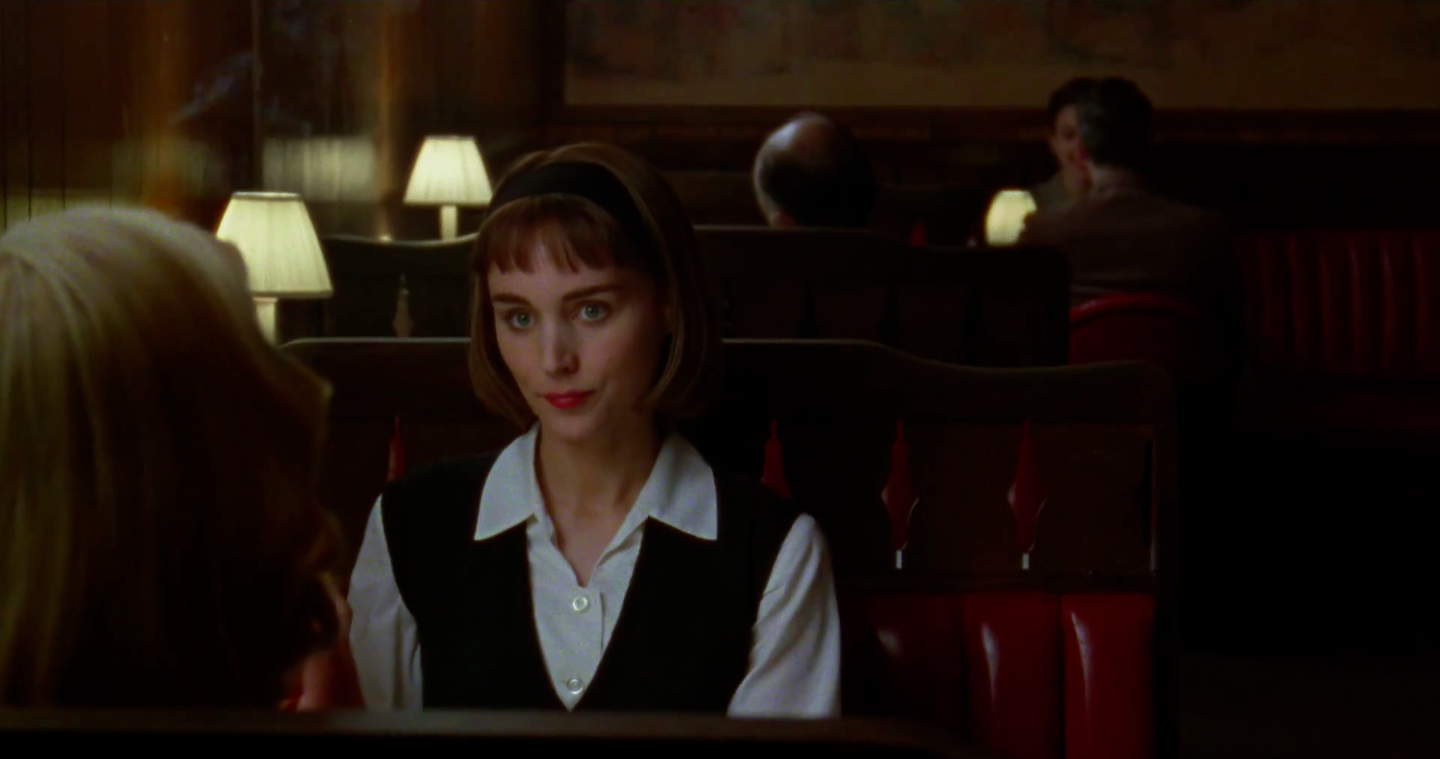 One day, a woman in a mink coat drifted into the toy department. Highsmith later recalled, “Perhaps I noticed her because she was alone, or because a mink coat was a rarity, and because she was blondish and seemed to give off light.” Like Alfred Hitchcock, Highsmith was captivated by frosty blondes, all the more so if they were married and rich. The shopper, who slapped her gloves into one hand as she scanned the merchandise, made Highsmith feel “odd and swimmy in the head, near to fainting yet at the same time uplifted.” With an abstracted air, the woman, Mrs. E. R. Senn, bought a doll from Highsmith.
One day, a woman in a mink coat drifted into the toy department. Highsmith later recalled, “Perhaps I noticed her because she was alone, or because a mink coat was a rarity, and because she was blondish and seemed to give off light.” Like Alfred Hitchcock, Highsmith was captivated by frosty blondes, all the more so if they were married and rich. The shopper, who slapped her gloves into one hand as she scanned the merchandise, made Highsmith feel “odd and swimmy in the head, near to fainting yet at the same time uplifted.” With an abstracted air, the woman, Mrs. E. R. Senn, bought a doll from Highsmith.
That night, Highsmith wrote an eight-page outline for a novel: a love story about Therese Belivet, a diffident nineteen-year-old who lives on her own in New York City, and Carol Aird, a wealthy suburban wife and mother in her thirties. Highsmith conjured what Therese would feel upon catching her first glimpse of Carol: “I see her the same instant she sees me, and instantly, I love her. Instantly, I am terrified, because I know she knows I am terrified and that I love her. Though there are seven girls between us, I know, she knows, she will come to me and have me wait on her.”
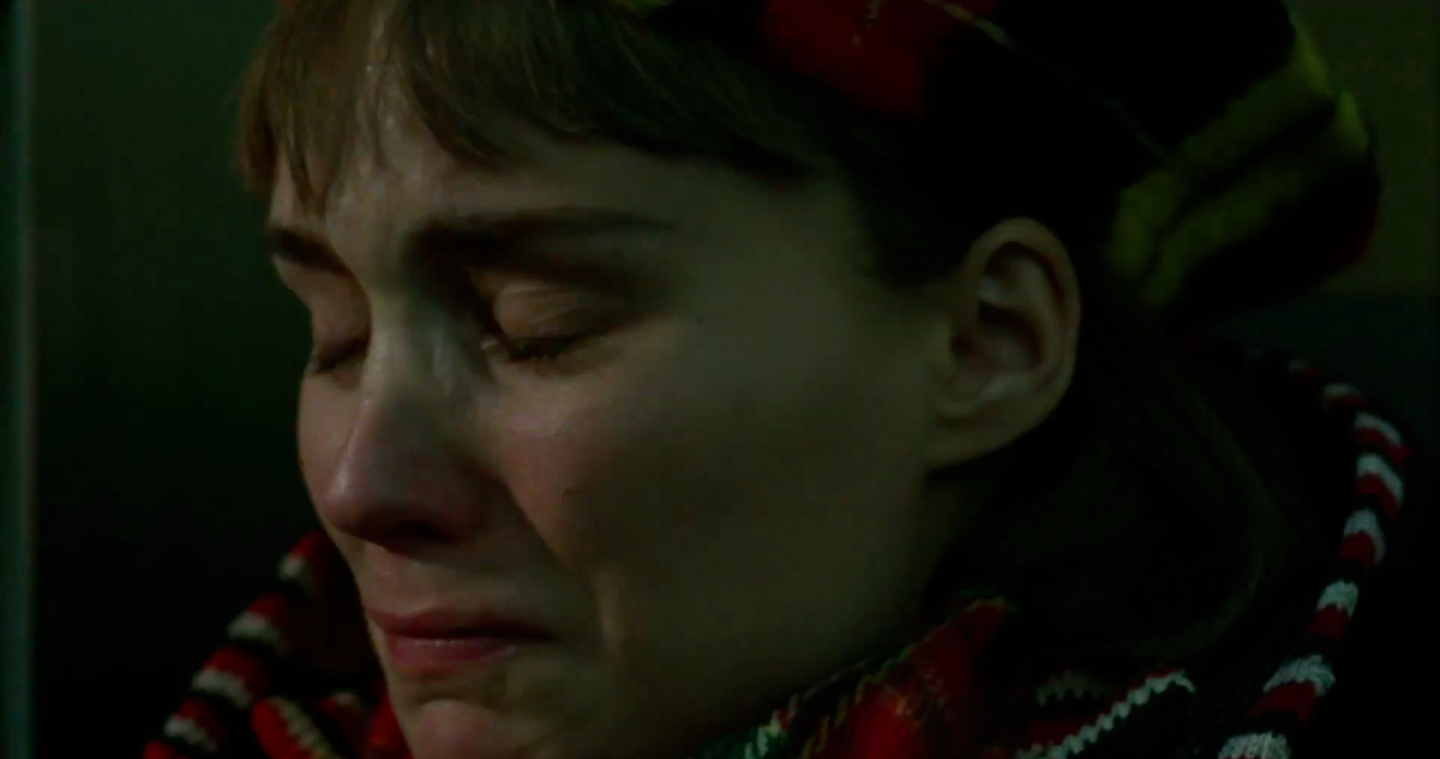 So you now know the basic story behind Carol. A doe-eyed young shopgirl struggles with her identity as she befriends and begins to fall in love with an upper-class older woman going through a difficult divorce. It is such a simple premise for a film, and in today’s world of legalized gay marriage and homosexual characters on seemingly every television show it could have felt trite and boring. But this is not a 2016 retelling of a 1950s story. This is a 1950s film, and if we were able to take a Delorean back to 1955 and present Carol it would be apparent that this film is right on the cutting edge.
So you now know the basic story behind Carol. A doe-eyed young shopgirl struggles with her identity as she befriends and begins to fall in love with an upper-class older woman going through a difficult divorce. It is such a simple premise for a film, and in today’s world of legalized gay marriage and homosexual characters on seemingly every television show it could have felt trite and boring. But this is not a 2016 retelling of a 1950s story. This is a 1950s film, and if we were able to take a Delorean back to 1955 and present Carol it would be apparent that this film is right on the cutting edge.
I have told my wife while playing those silly would you rather type games that if given the choice of just about any era in history, I think I might step into the 1950s. It was such an elegant time. Everything was ordered and in its place. We had just won World War II and the country was in a time of growth and prosperity. There were values which governed the society. I think of The Andy Griffith show and Leave it to Beaver. I think I could have fit very well in that time period. However, I also know that the image that I have of that time is completely created by Hollywood and television. I don’t know what it was like to really live in that environment, but I can only imagine that with the hard swing that the culture took in the 1960s that the 1950s were working too hard to keep everyone confined in their perfectly manicured and carefully constructed social norms.
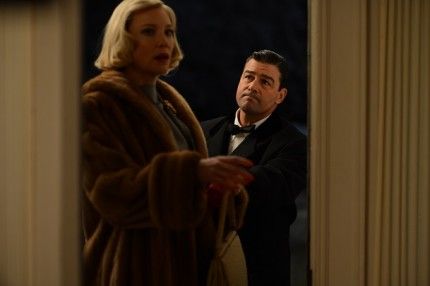 I’m not sure why this movie is titled Carol. To me, Carol (Cate Blanchett) had a much less interesting role in the film than that of Therese (Rooney Mara). Therese grows before our eyes while Carol is set in her ways before we ever meet her. Certainly, both characters stories unfold before us throughout the film, but if I had to pick a lead and supporting character, I’m choosing Therese as the lead. I mean there is no doubt that the author placed herself in the story as her. And although Carol suffers more dramatic hurdles and setbacks I felt much more connected to Therese and her internal struggle.
I’m not sure why this movie is titled Carol. To me, Carol (Cate Blanchett) had a much less interesting role in the film than that of Therese (Rooney Mara). Therese grows before our eyes while Carol is set in her ways before we ever meet her. Certainly, both characters stories unfold before us throughout the film, but if I had to pick a lead and supporting character, I’m choosing Therese as the lead. I mean there is no doubt that the author placed herself in the story as her. And although Carol suffers more dramatic hurdles and setbacks I felt much more connected to Therese and her internal struggle.
I always feel like I have missed something whenever I go so strongly against the grain of other film critics, but in this case I have to say that I did not feel a great deal of chemistry between Mara and Blanchett. I could see the tortured look on Mara’s face as she struggled with her identity but I did not see any of the attraction that was supposed to lie beneath that struggle. I could look at the pained and frustrated expressions on the face of, Carol’s soon to be ex-husband, Harge and I was there I could feel his struggle to love and difficult woman who is slipping away from him. It baffles me to think that Cate Blanchett nearly has this Oscar in the bag for a role that felt very phony to me. In fact, everything else in the film feels ultra realistic, but the titular character left me feeling flat.
The first hour of this film feels so slow and deliberate with almost exclusive use of motionless camera shots, wide pans, combined with drastic closeups. This was very intentional by Director Todd Haynes, who previously filmed this era with a keen eye in Far from Heaven. But this dramatic shift in pace takes a while to get used to. I found myself feeling kind of bored and was itching to check my phone or something, but it struck me that Haynes was purposefully trying to bring the viewers into the 1950s even if for just a few hours. Not just through set design which was superb but in pacing and feel. This was a time without television, internet, and mobile devices, an age where an electric train set or a hand-painted porcelain doll was the Christmas gift of choice. Much of the film would be spent in silence were in not for the ethereal quality of the soundtrack provided by the illustrious Carter Burwell. There is not a lot of dialogue, mostly long shots of faces and reactions, glances and lingering touches. I felt it was appropriate that the studio created a beautiful wordless trailer for the film. It really seems to fit the film and encapsulates the desire of the film maker.
https://www.youtube.com/watch?v=bF1YIF_FknI
However, as beautiful as this film was. I can’t help but think that Haynes did not go far enough. I wish that he had gone the whole way and made a film that might have passed the 1950s Hays code. The scene in the department store is nearly perfect. These two ladies are connected by a glance and it is broken too quickly. There is an awkward conversation about a girl who didn’t play with dolls and the purchase of a train set as a Christmas present for a little girl. I wish the film would have left us in that 1950s world instead of giving us a completely unnecessary shot of Rooney Mara having her shirt pulled open. Perhaps I am far too old fashioned, but I just miss the days when there were things that were considered taboo. And it took a very deft director’s hand to carefully navigate and hint at something as taboo as a lesbian love story. Unfortunately, we live in an anything goes type of climate today and after the first hour of navigating awkward conversations and couples fighting about former relationships I thought that Haynes might just produce a subtle and authentic period piece which addressed the elephant in the room without shooting him dead. But instead, I’m just left longing for Audrey Hepburn, Lauren Bacall, Bette Davis, and Jimmy Stewart.
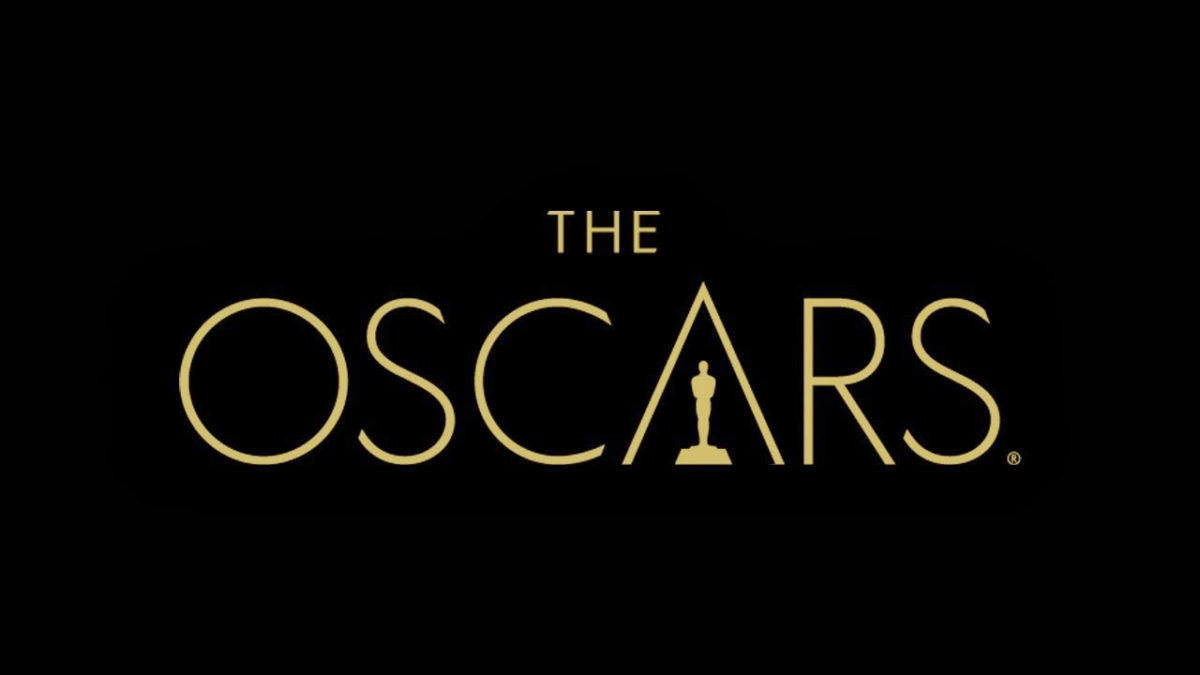

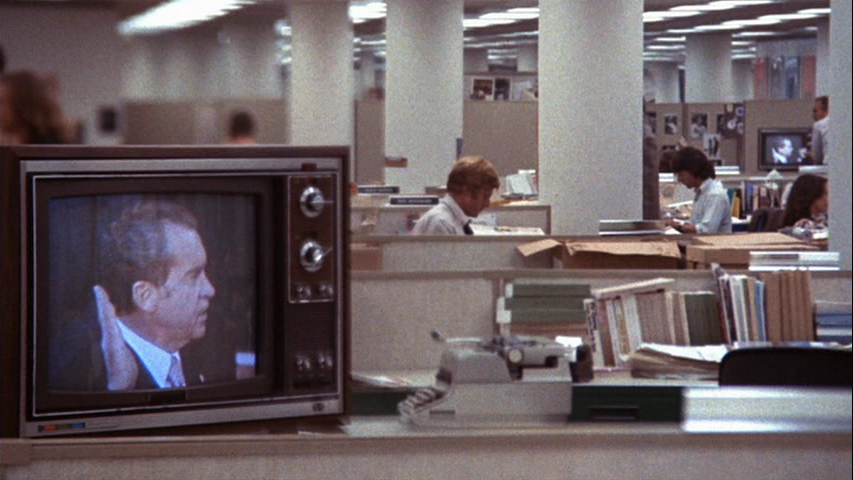 All the President’s Men – I referenced this movie just a few weeks ago when I looked at Spotlight because of the parallels that I saw in the two movies in terms of journalism. But All the President’s Men shows not only the journalistic side but also the political side of the Nixon Watergate scandal. It is seriously compelling and is well worth the time to watch it.
All the President’s Men – I referenced this movie just a few weeks ago when I looked at Spotlight because of the parallels that I saw in the two movies in terms of journalism. But All the President’s Men shows not only the journalistic side but also the political side of the Nixon Watergate scandal. It is seriously compelling and is well worth the time to watch it.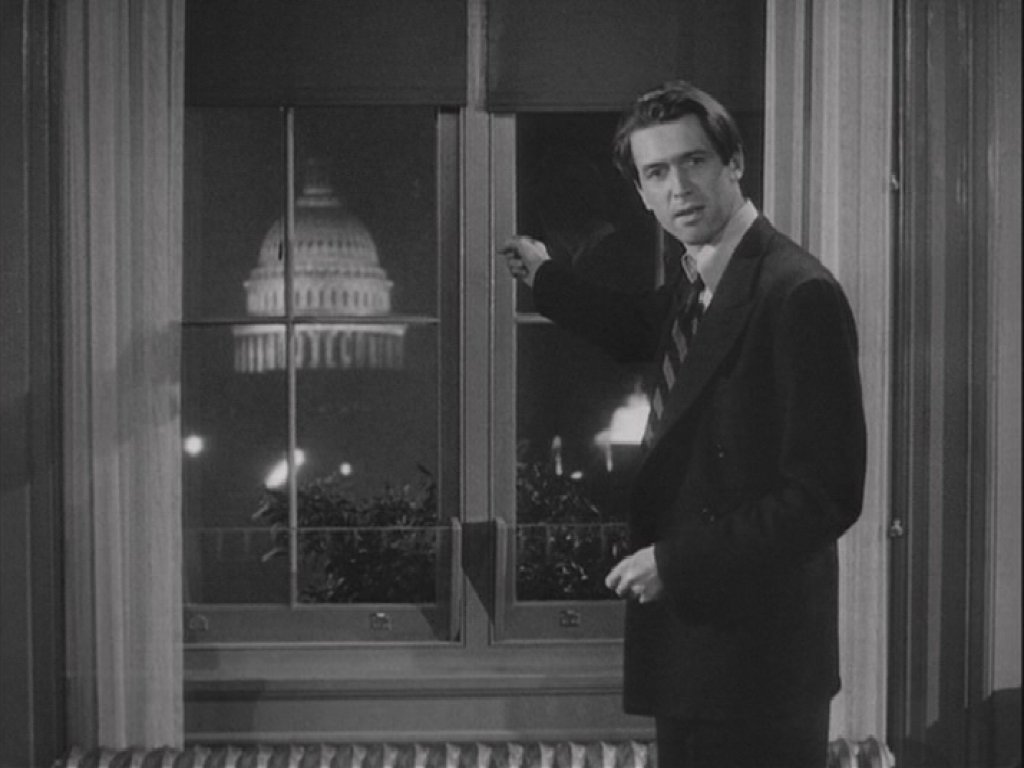 Mr. Smith Goes to Washington – I’m surprised that Marco Rubio doesn’t use this film on his Campaign trail. If you are unfamiliar, it tells the story of a man who is set to be a senator by the spineless governor of his state. He is a naive and idealistic and he wants to change everything starting from the building of a camp for children but his plans promptly collide with political corruption and there the true fight starts.
Mr. Smith Goes to Washington – I’m surprised that Marco Rubio doesn’t use this film on his Campaign trail. If you are unfamiliar, it tells the story of a man who is set to be a senator by the spineless governor of his state. He is a naive and idealistic and he wants to change everything starting from the building of a camp for children but his plans promptly collide with political corruption and there the true fight starts.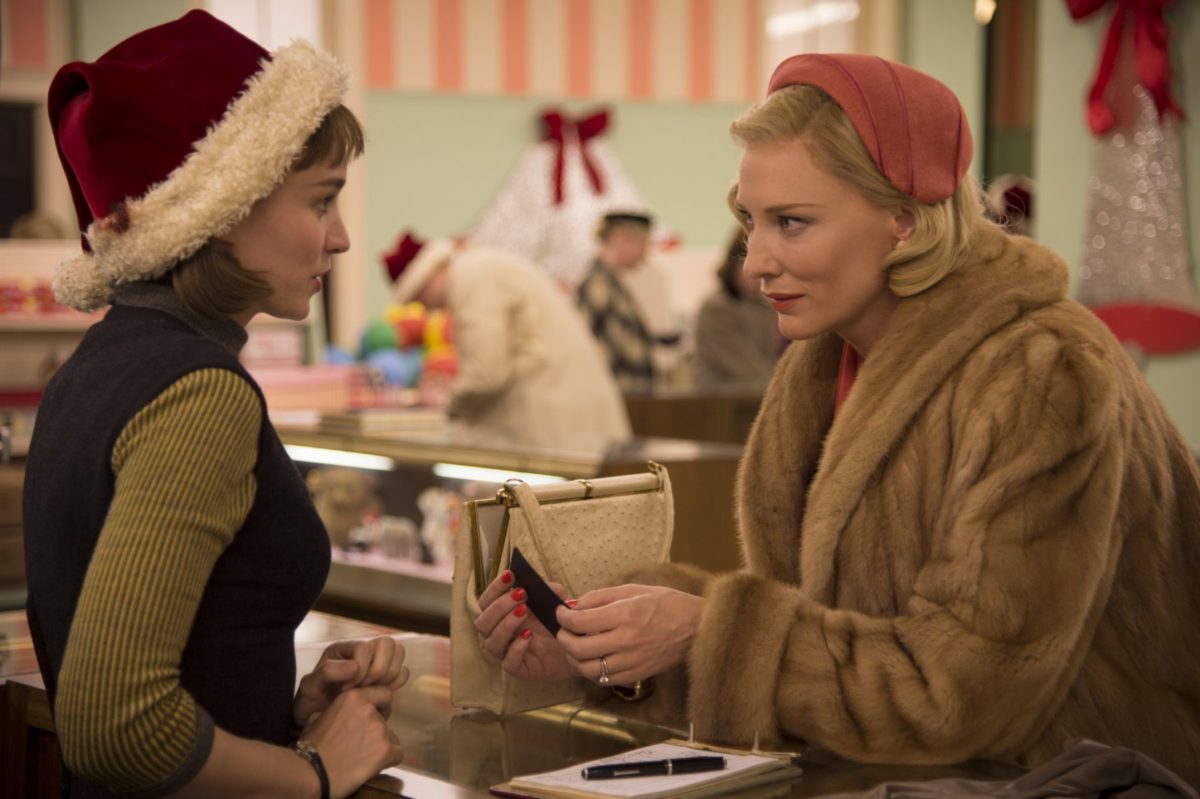
 Carol is a fictional story based upon a novel written by Patricia Highsmith. This is the same author who wrote The Talented Mr. Ripley and Strangers on a Train. The novel, “The Price of Salt” was written under a pseudonym, Claire Morgan, perhaps because Highsmith was concerned about the backlash of writing a lesbian love story in 1952, but almost certainly because she drew so much of the meat of the story from her own life. Read how
Carol is a fictional story based upon a novel written by Patricia Highsmith. This is the same author who wrote The Talented Mr. Ripley and Strangers on a Train. The novel, “The Price of Salt” was written under a pseudonym, Claire Morgan, perhaps because Highsmith was concerned about the backlash of writing a lesbian love story in 1952, but almost certainly because she drew so much of the meat of the story from her own life. Read how  One day, a woman in a mink coat drifted into the toy department. Highsmith later recalled, “Perhaps I noticed her because she was alone, or because a mink coat was a rarity, and because she was blondish and seemed to give off light.” Like Alfred Hitchcock, Highsmith was captivated by frosty blondes, all the more so if they were married and rich. The shopper, who slapped her gloves into one hand as she scanned the merchandise, made Highsmith feel “odd and swimmy in the head, near to fainting yet at the same time uplifted.” With an abstracted air, the woman, Mrs. E. R. Senn, bought a doll from Highsmith.
One day, a woman in a mink coat drifted into the toy department. Highsmith later recalled, “Perhaps I noticed her because she was alone, or because a mink coat was a rarity, and because she was blondish and seemed to give off light.” Like Alfred Hitchcock, Highsmith was captivated by frosty blondes, all the more so if they were married and rich. The shopper, who slapped her gloves into one hand as she scanned the merchandise, made Highsmith feel “odd and swimmy in the head, near to fainting yet at the same time uplifted.” With an abstracted air, the woman, Mrs. E. R. Senn, bought a doll from Highsmith. So you now know the basic story behind Carol. A doe-eyed young shopgirl struggles with her identity as she befriends and begins to fall in love with an upper-class older woman going through a difficult divorce. It is such a simple premise for a film, and in today’s world of legalized gay marriage and homosexual characters on seemingly every television show it could have felt trite and boring. But this is not a 2016 retelling of a 1950s story. This is a 1950s film, and if we were able to take a Delorean back to 1955 and present Carol it would be apparent that this film is right on the cutting edge.
So you now know the basic story behind Carol. A doe-eyed young shopgirl struggles with her identity as she befriends and begins to fall in love with an upper-class older woman going through a difficult divorce. It is such a simple premise for a film, and in today’s world of legalized gay marriage and homosexual characters on seemingly every television show it could have felt trite and boring. But this is not a 2016 retelling of a 1950s story. This is a 1950s film, and if we were able to take a Delorean back to 1955 and present Carol it would be apparent that this film is right on the cutting edge. I’m not sure why this movie is titled Carol. To me, Carol (Cate Blanchett) had a much less interesting role in the film than that of Therese (Rooney Mara). Therese grows before our eyes while Carol is set in her ways before we ever meet her. Certainly, both characters stories unfold before us throughout the film, but if I had to pick a lead and supporting character, I’m choosing Therese as the lead. I mean there is no doubt that the author placed herself in the story as her. And although Carol suffers more dramatic hurdles and setbacks I felt much more connected to Therese and her internal struggle.
I’m not sure why this movie is titled Carol. To me, Carol (Cate Blanchett) had a much less interesting role in the film than that of Therese (Rooney Mara). Therese grows before our eyes while Carol is set in her ways before we ever meet her. Certainly, both characters stories unfold before us throughout the film, but if I had to pick a lead and supporting character, I’m choosing Therese as the lead. I mean there is no doubt that the author placed herself in the story as her. And although Carol suffers more dramatic hurdles and setbacks I felt much more connected to Therese and her internal struggle.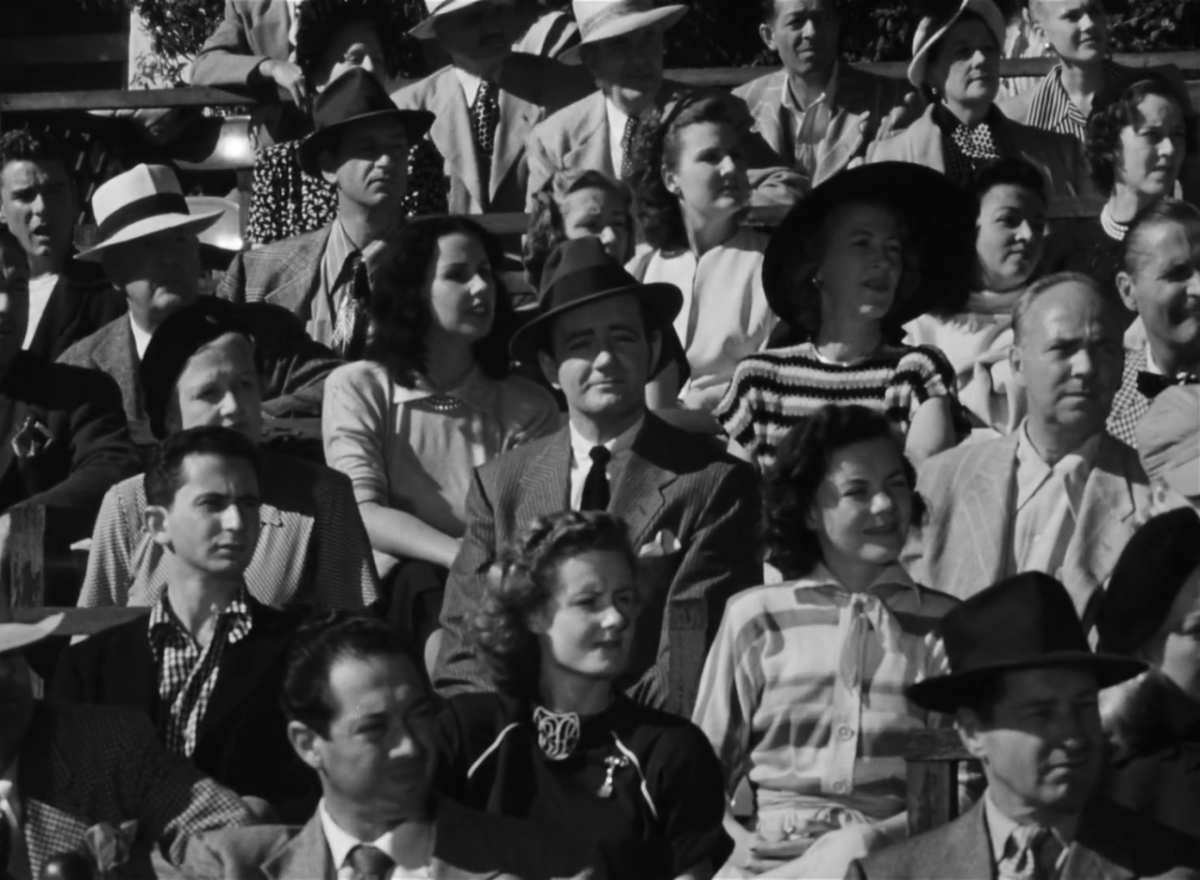
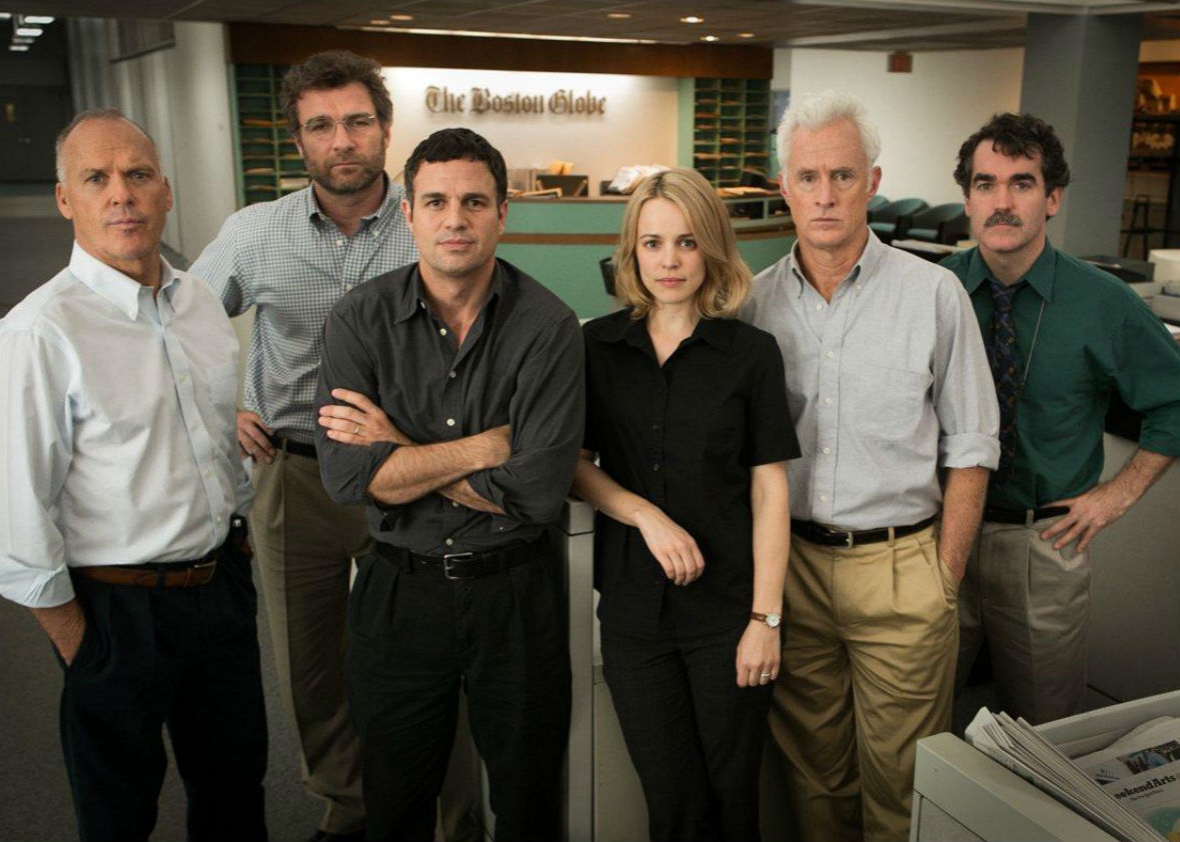
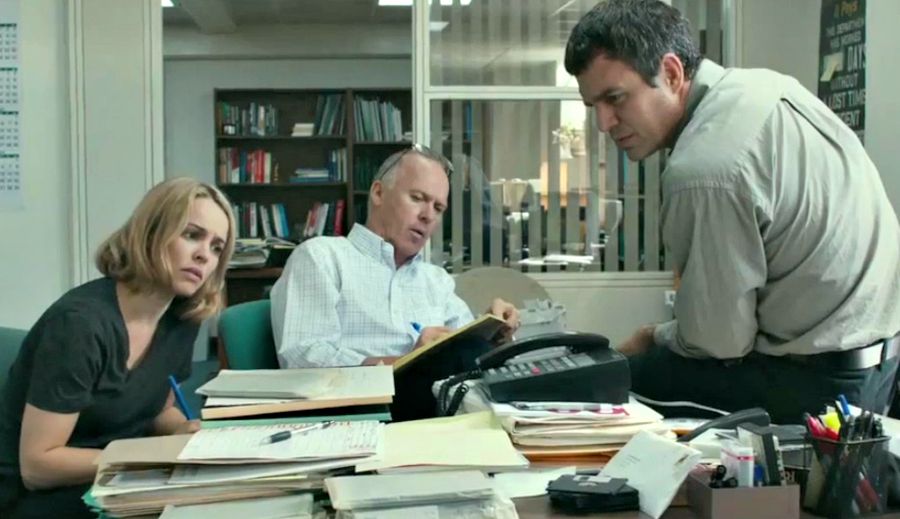 A few isolated incidents of priests (or pastors) falling into sin is unavoidable. However, the story that Spotlight tells goes deeper to reveal the ugly truth that the Catholic Church as an institution collaborated to cover-up these incidents, protect the offenders from justice, and create an environment where further atrocities could take place. This pains me as a believer knowing that we are all fallen and corrupt people in need of grace, but I can only imagine the collective effect that these scandals have had on the church (Catholic and Protestant alike) as non-believers and marginal attenders have left in droves in the past decade. An
A few isolated incidents of priests (or pastors) falling into sin is unavoidable. However, the story that Spotlight tells goes deeper to reveal the ugly truth that the Catholic Church as an institution collaborated to cover-up these incidents, protect the offenders from justice, and create an environment where further atrocities could take place. This pains me as a believer knowing that we are all fallen and corrupt people in need of grace, but I can only imagine the collective effect that these scandals have had on the church (Catholic and Protestant alike) as non-believers and marginal attenders have left in droves in the past decade. An  Oddly enough, reporters have perhaps lost just as much respect as priests but for a completely different reason. I mean, how much more respect can you get than being the job that Superman choose to do as his alter ego. But I miss the day when news was actually news. Why does anyone care that Kim Kardashian and Amber Rose are having a feud over a couple of selfies and social media posts? Why was Tom Brady sentencing and appeal over “Deflategate” headline news while Greece’s economy was tanking and Turkey was stepping up to fight Daesh. This film reminded me that journalists used to investigate and break real stories. I hope that the pendulum swings back to the American people valuing the reporters that tell real stories that impact the community and not which celebrities just broke up.
Oddly enough, reporters have perhaps lost just as much respect as priests but for a completely different reason. I mean, how much more respect can you get than being the job that Superman choose to do as his alter ego. But I miss the day when news was actually news. Why does anyone care that Kim Kardashian and Amber Rose are having a feud over a couple of selfies and social media posts? Why was Tom Brady sentencing and appeal over “Deflategate” headline news while Greece’s economy was tanking and Turkey was stepping up to fight Daesh. This film reminded me that journalists used to investigate and break real stories. I hope that the pendulum swings back to the American people valuing the reporters that tell real stories that impact the community and not which celebrities just broke up.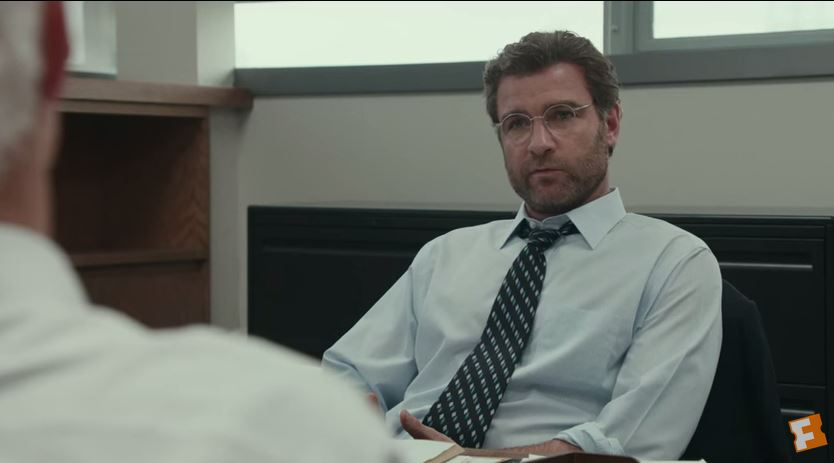 Channeling great films like All The President’s Men and Network, Spotlight, written by Tom McCarthy and Josh Singer, honors the account of events with their writing but never loses sight of the story they are telling. The writing is outstanding. They don’t have any agenda in this film except telling the story. I was afraid that as this subject was handled in film we would see a vilifying of the Catholic Church. On the flip side, it was also good that they didn’t try to make heroes out of the Boston Globe. It felt like they tried to be completely unbiased while writing the story. It could have been very easy for this film turn into a Lifetime or ABC Family movie and be a manipulative mess, but instead it became a polished and well-wrought film.
Channeling great films like All The President’s Men and Network, Spotlight, written by Tom McCarthy and Josh Singer, honors the account of events with their writing but never loses sight of the story they are telling. The writing is outstanding. They don’t have any agenda in this film except telling the story. I was afraid that as this subject was handled in film we would see a vilifying of the Catholic Church. On the flip side, it was also good that they didn’t try to make heroes out of the Boston Globe. It felt like they tried to be completely unbiased while writing the story. It could have been very easy for this film turn into a Lifetime or ABC Family movie and be a manipulative mess, but instead it became a polished and well-wrought film.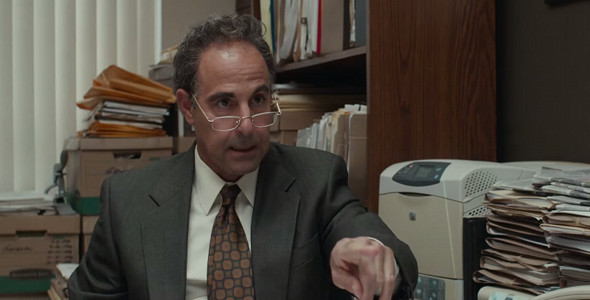 McCarthy, also the director, lets his actors and the shocking truth take center stage. Mark Ruffalo gives a fantastic performance as a highly driven investigative journalist and has really been knocking them out of the park lately. Michael Keaton also gives another awards season-worthy performance as the leader of the Spotlight team. Stanley Tucci was amazing, though I don’t think Tucci is capable of giving a bad performance. Also, Liev Schreiber gives one of the best performances of his career. His turn as Marty Baron was calm and understated, but he takes charge in every scene he’s in, which is saying something considering the caliber of the other actors and actresses with whom Schreiber shares the screen.
McCarthy, also the director, lets his actors and the shocking truth take center stage. Mark Ruffalo gives a fantastic performance as a highly driven investigative journalist and has really been knocking them out of the park lately. Michael Keaton also gives another awards season-worthy performance as the leader of the Spotlight team. Stanley Tucci was amazing, though I don’t think Tucci is capable of giving a bad performance. Also, Liev Schreiber gives one of the best performances of his career. His turn as Marty Baron was calm and understated, but he takes charge in every scene he’s in, which is saying something considering the caliber of the other actors and actresses with whom Schreiber shares the screen.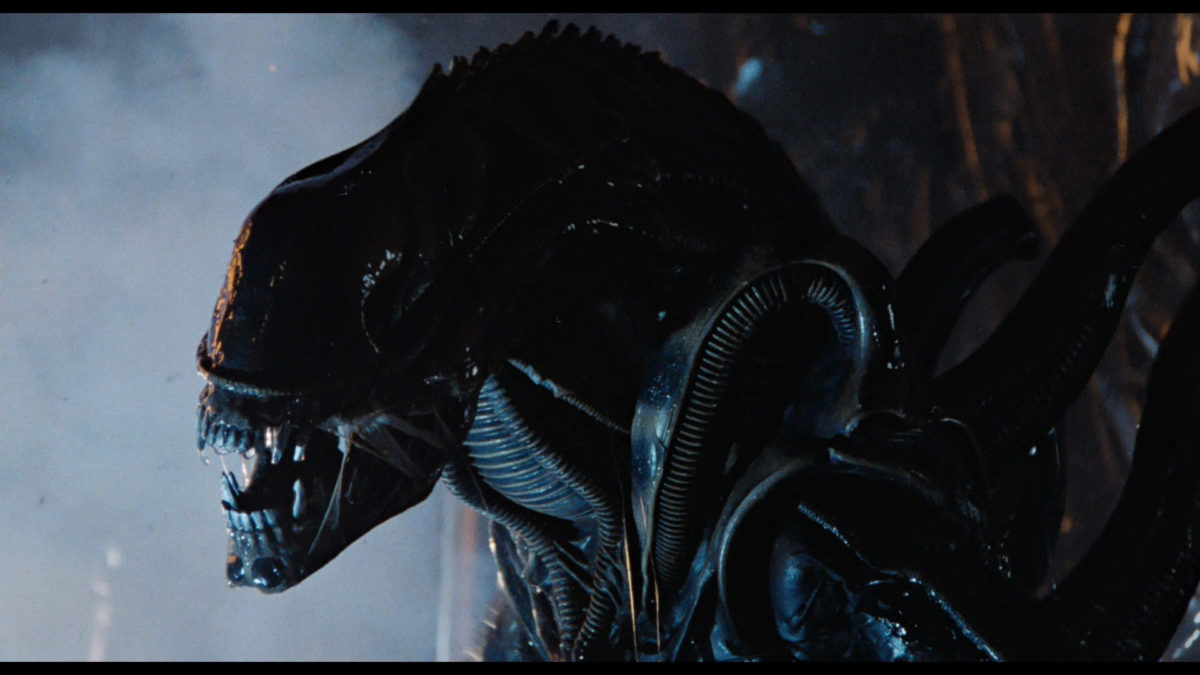
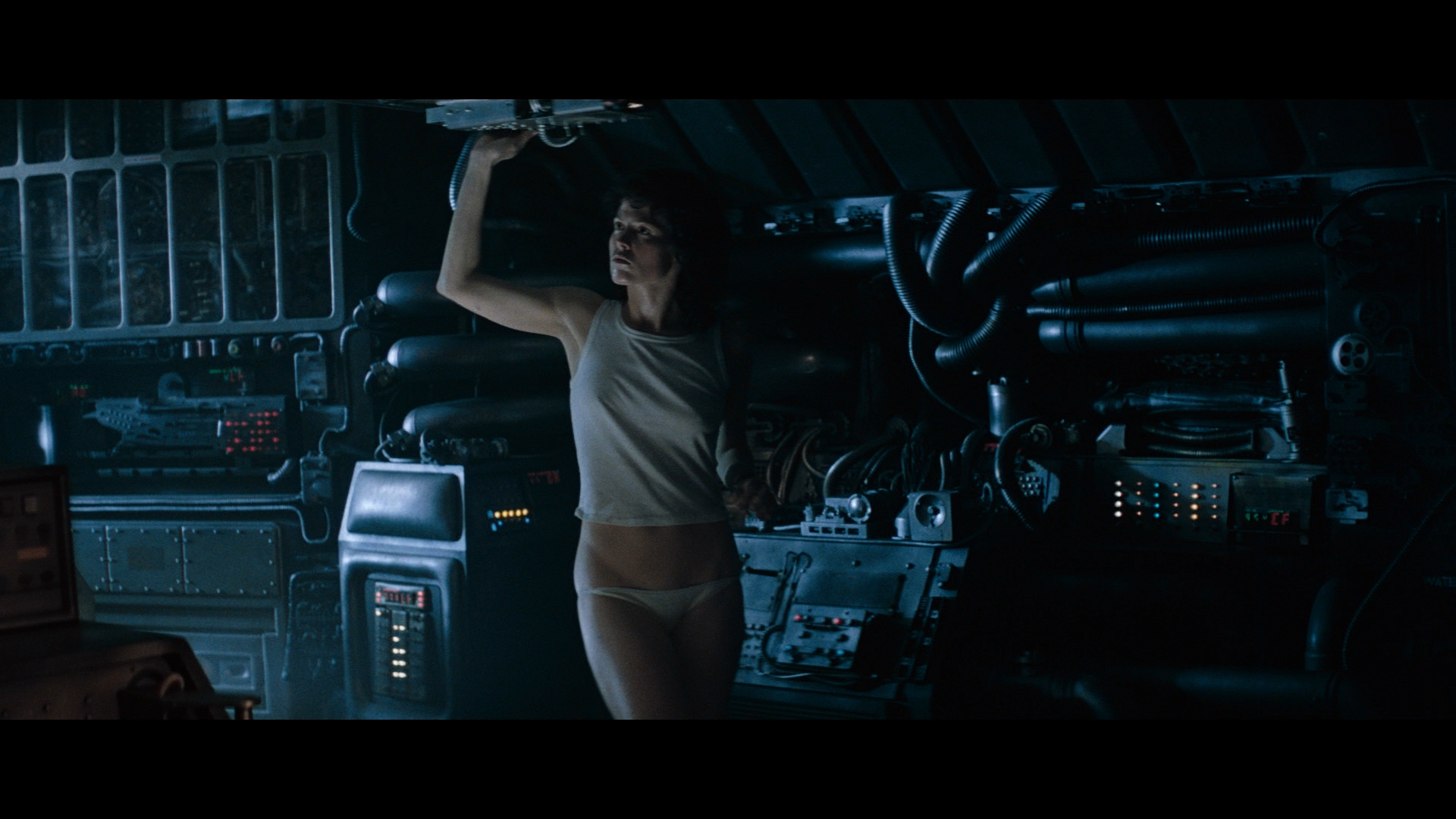 In Alien we follow a seven man crew en-route to earth on board the huge space freighter “Nostromo”. The crew is in cryosleep, but the on board computer interrupts the journey when a foreign radio signal is picked up. It originates from an uninhabited planet and the crew lands to investigate. There they make contact with an alien life-form…
In Alien we follow a seven man crew en-route to earth on board the huge space freighter “Nostromo”. The crew is in cryosleep, but the on board computer interrupts the journey when a foreign radio signal is picked up. It originates from an uninhabited planet and the crew lands to investigate. There they make contact with an alien life-form…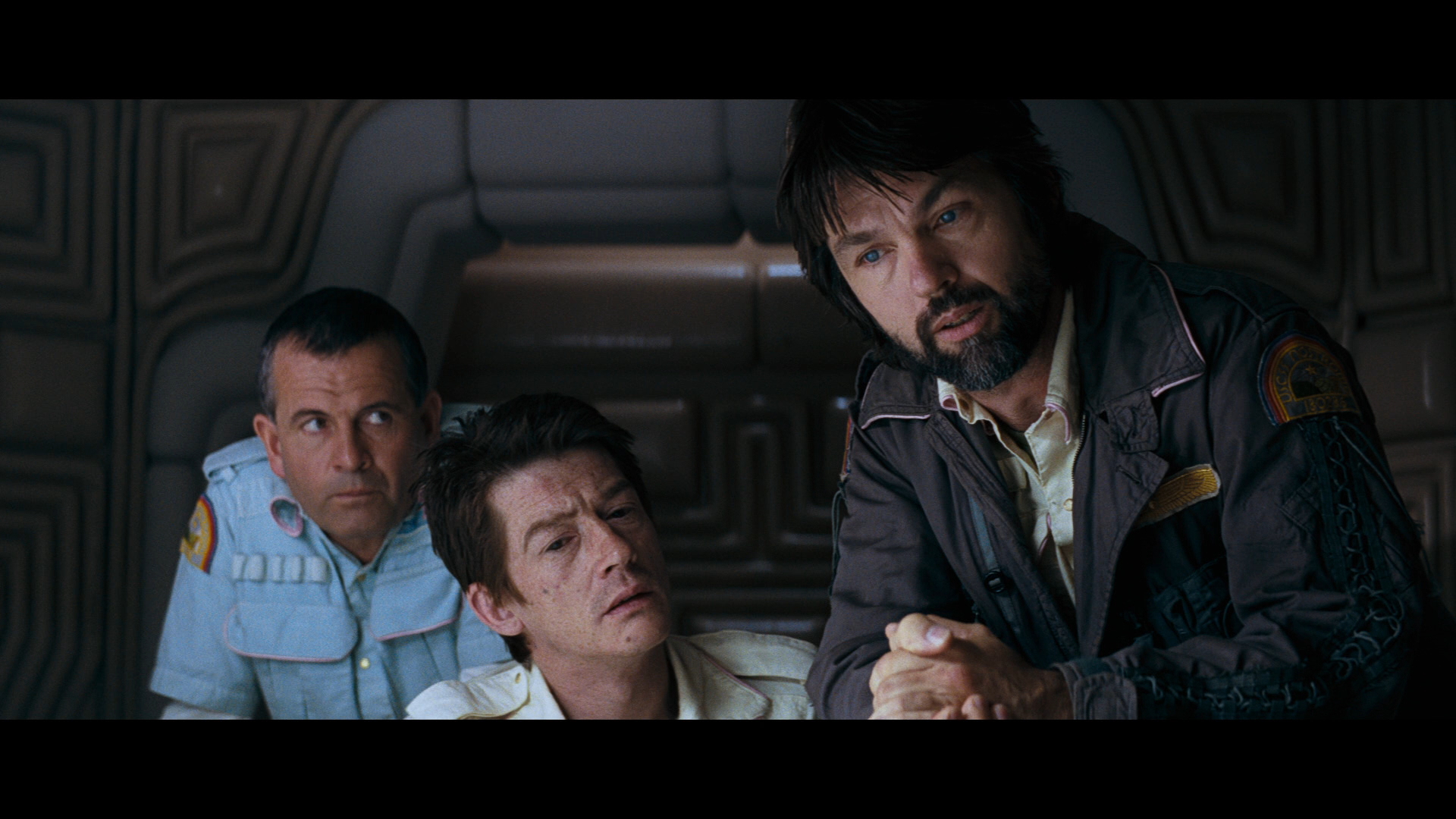 The design of the monster is a stroke of genius. Sure it has a humanoid form, but it has no facial traits or anything else which could give away emotions or intentions. Its actions reveals no weaknesses nor civilized intelligence. The alien is more or less the opposite of everything human and civilized, plus the creature is more well-adapted to the inhumane interior of the ship than the humans who build it. To sum up, you then have a setting where the humans are caught in a web of in-group tensions, an inhospitable ship and the perfect killer which thrives in the ships intestines. You almost get the feel that the humans are the ones who are alienated to each other and to their own ship.
The design of the monster is a stroke of genius. Sure it has a humanoid form, but it has no facial traits or anything else which could give away emotions or intentions. Its actions reveals no weaknesses nor civilized intelligence. The alien is more or less the opposite of everything human and civilized, plus the creature is more well-adapted to the inhumane interior of the ship than the humans who build it. To sum up, you then have a setting where the humans are caught in a web of in-group tensions, an inhospitable ship and the perfect killer which thrives in the ships intestines. You almost get the feel that the humans are the ones who are alienated to each other and to their own ship. As mentioned the ship is very claustrophobic and Ridley Scott adds to the eeriness by using camera movement, lights and shadows in an effective way. The living quarters are bright and should be comfortable to the crew, but there is something sterile about it all. The rest of the ship is basically a huge basement. The music by Jerry Goldsmith underlines the eeriness so well, and the movie wouldn’t have worked without his score. Combined with the sounds of the ship it all adds to the uneasiness.
As mentioned the ship is very claustrophobic and Ridley Scott adds to the eeriness by using camera movement, lights and shadows in an effective way. The living quarters are bright and should be comfortable to the crew, but there is something sterile about it all. The rest of the ship is basically a huge basement. The music by Jerry Goldsmith underlines the eeriness so well, and the movie wouldn’t have worked without his score. Combined with the sounds of the ship it all adds to the uneasiness.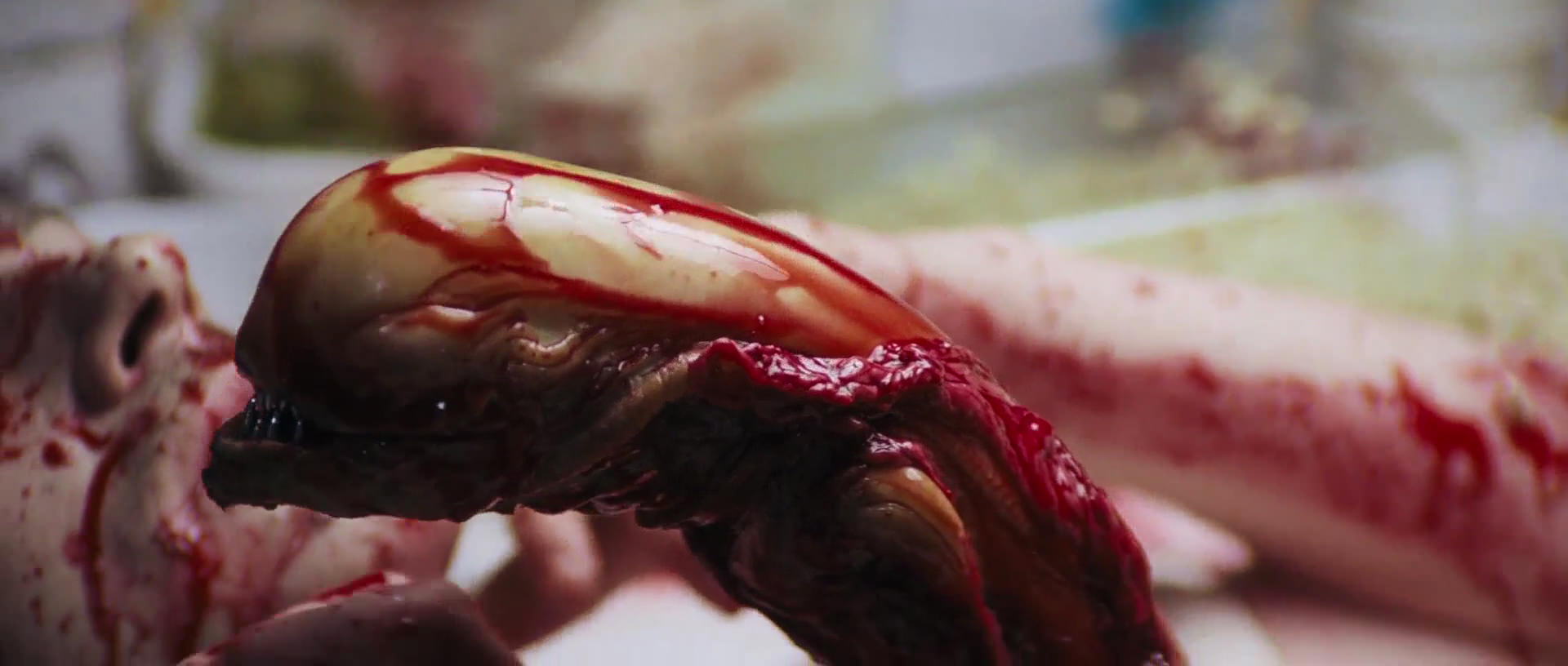 This is not a story about heroic people who boldly teams up against evil. It’s a story about ordinary people facing true fear, which is the fear without a face. The fear we can’t understand and can’t negotiate with, because its only goal is to survive on the expense of us. It’s a story where some people bravely fight back whilst others are destroyed by the terror. It’s a story where people are killed in a completely random way. There is no higher-order justice behind who gets to live and who dies. All seven characters are just part of a race where the fittest – not necessarily the most righteous – will prevail, and all seven characters start the race on an equal footing. None of them are true heroes, and none of them are true villains.
This is not a story about heroic people who boldly teams up against evil. It’s a story about ordinary people facing true fear, which is the fear without a face. The fear we can’t understand and can’t negotiate with, because its only goal is to survive on the expense of us. It’s a story where some people bravely fight back whilst others are destroyed by the terror. It’s a story where people are killed in a completely random way. There is no higher-order justice behind who gets to live and who dies. All seven characters are just part of a race where the fittest – not necessarily the most righteous – will prevail, and all seven characters start the race on an equal footing. None of them are true heroes, and none of them are true villains.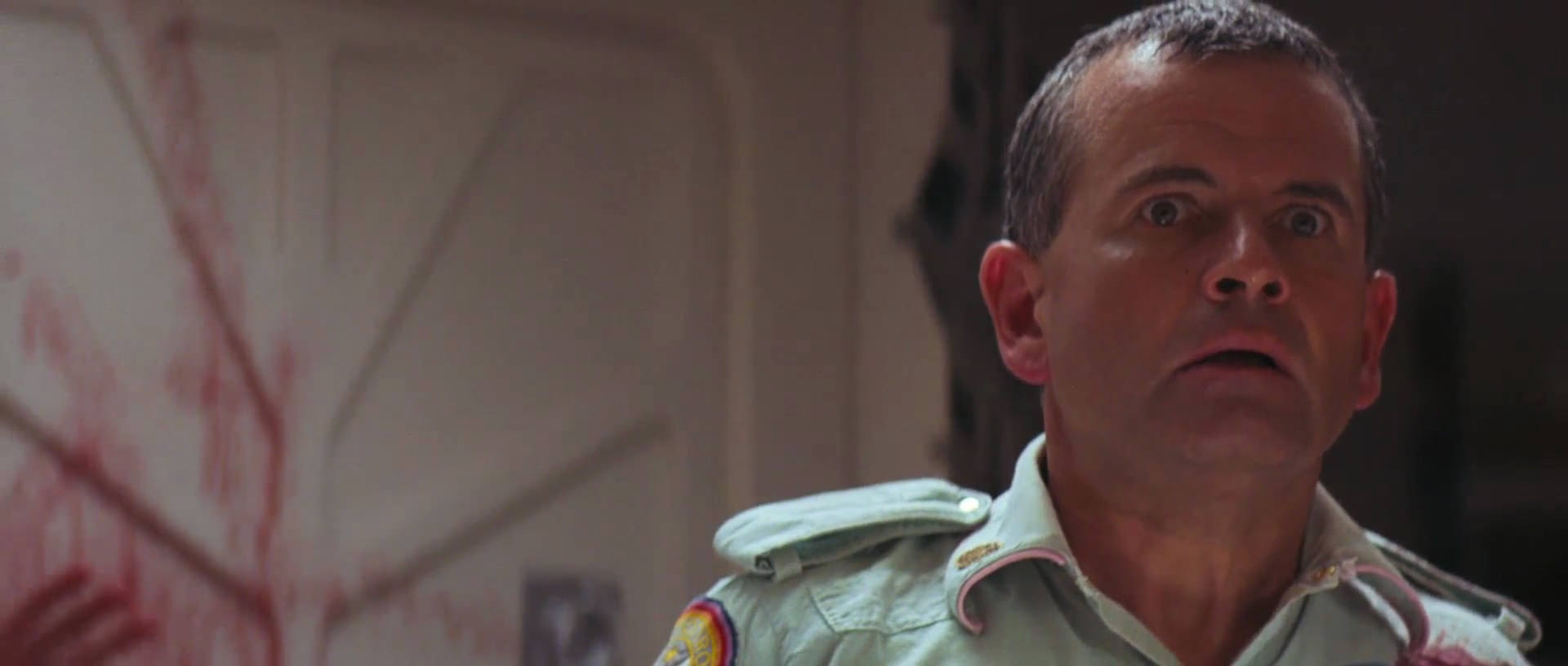 All the above makes Alien so great as a horror movie. The terror isn’t just the Alien itself, it’s the entire atmosphere which gets so effectively under your skin, that you just can’t shrug it off after the end credits like you can with so many other Hollywood horror movies. The title “Alien” doesn’t just refer to the monster, it is the theme of the movie and it is the feeling you have during and after the movie.
All the above makes Alien so great as a horror movie. The terror isn’t just the Alien itself, it’s the entire atmosphere which gets so effectively under your skin, that you just can’t shrug it off after the end credits like you can with so many other Hollywood horror movies. The title “Alien” doesn’t just refer to the monster, it is the theme of the movie and it is the feeling you have during and after the movie.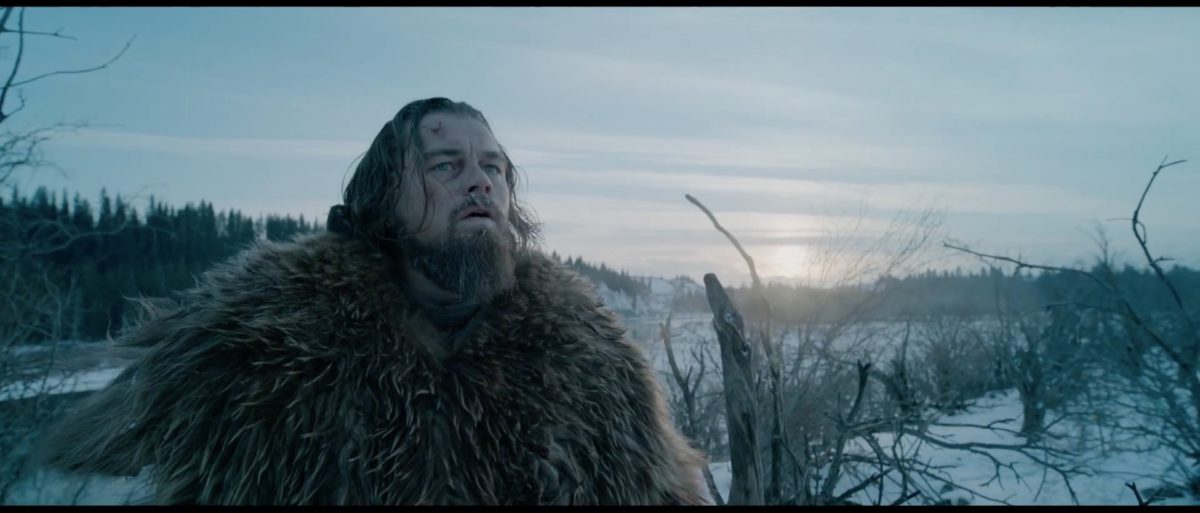
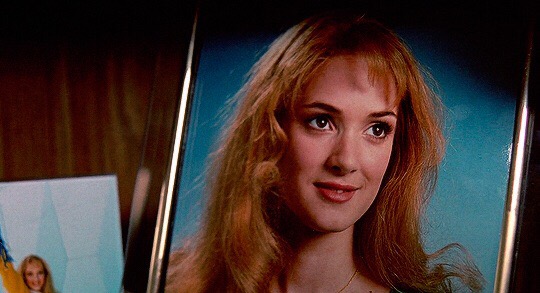
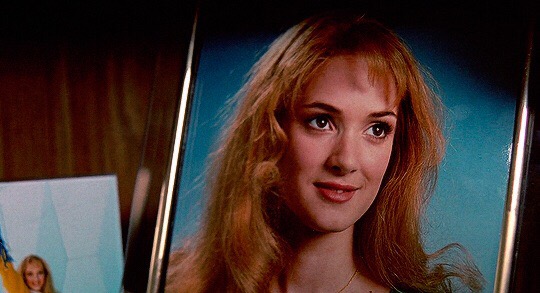
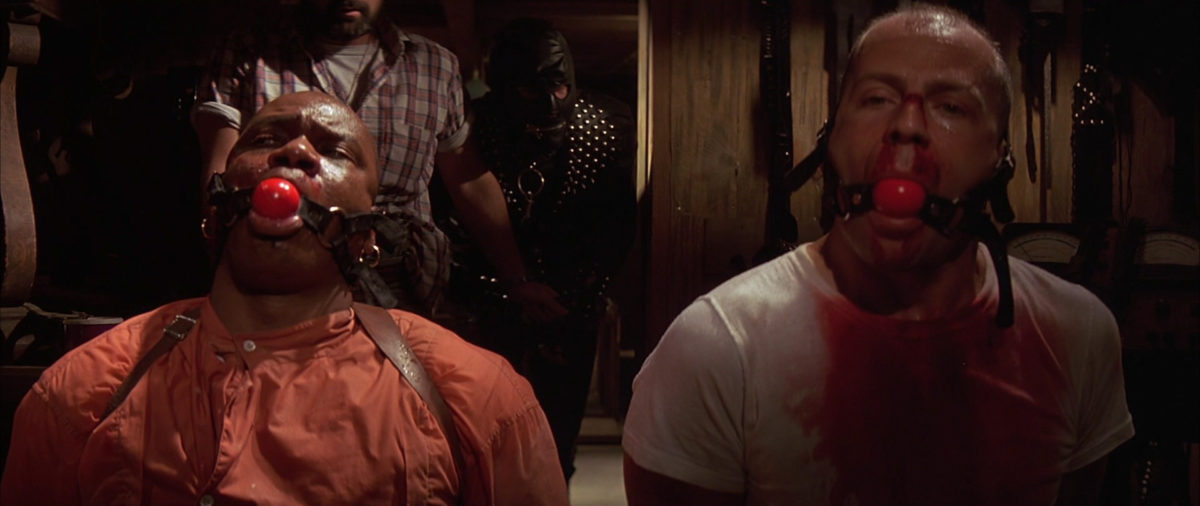
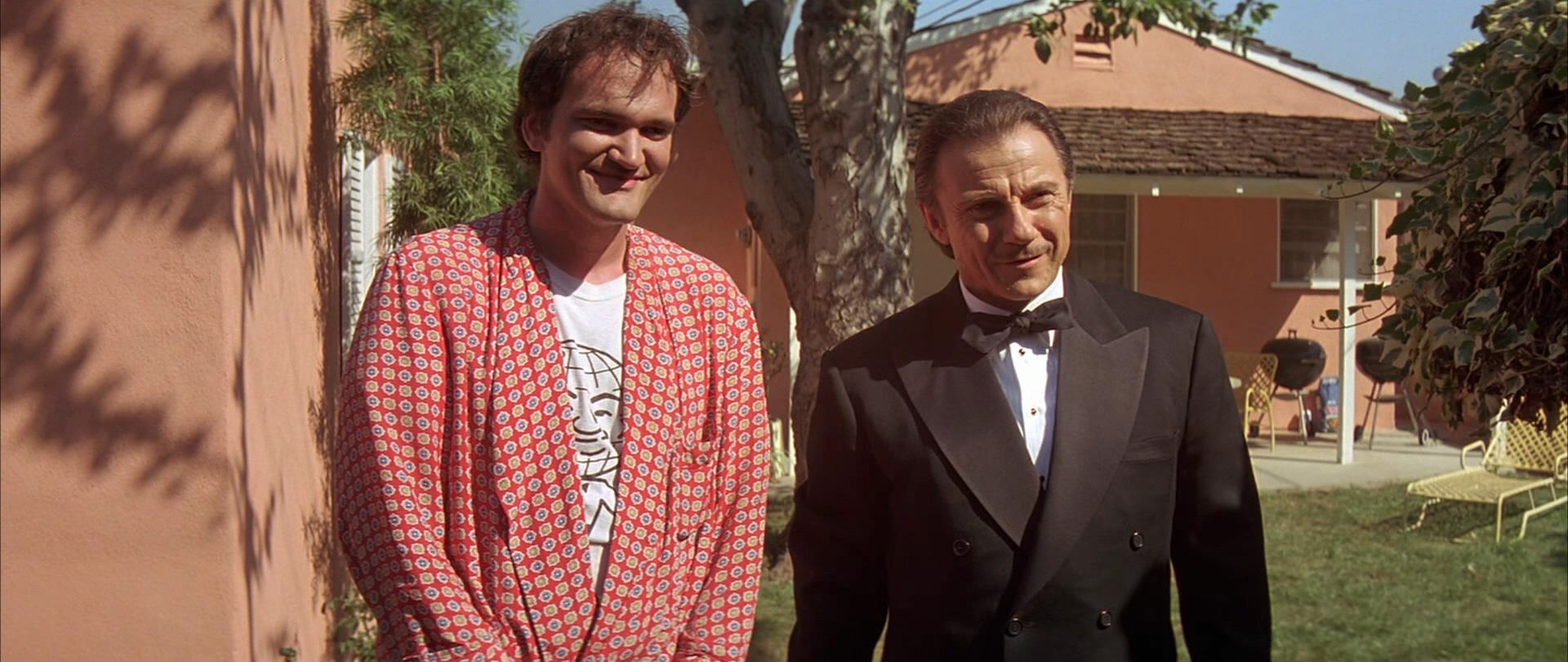
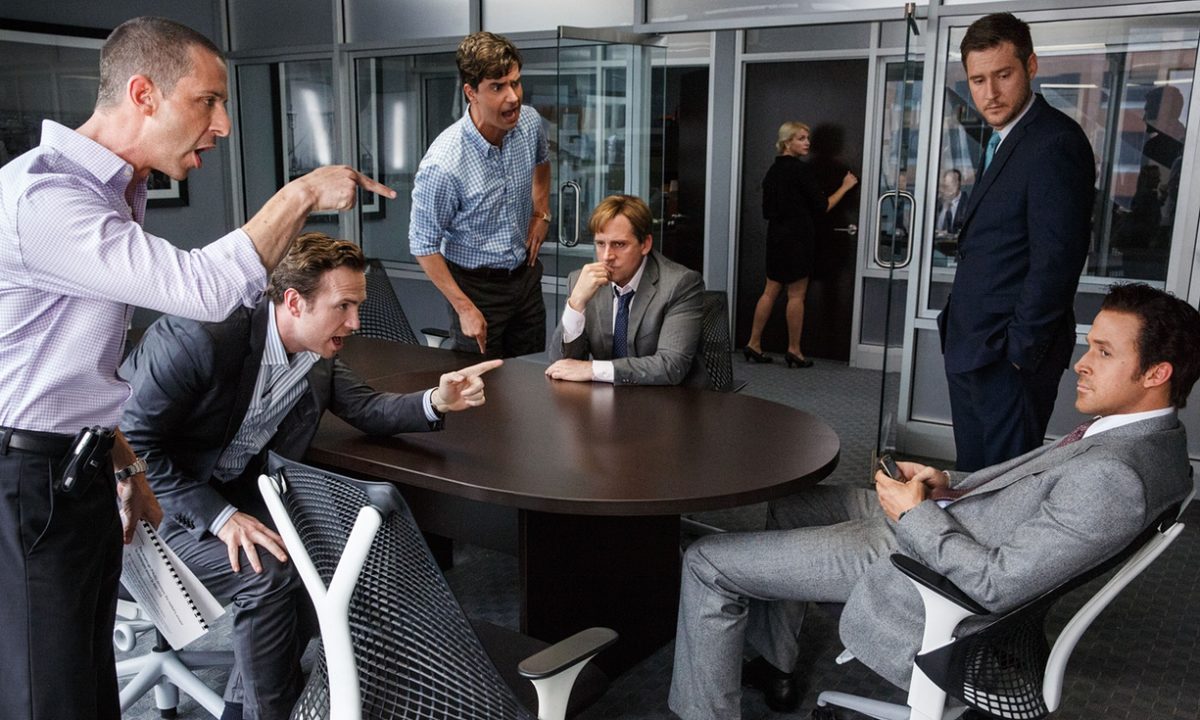
 The Big Short is set in the years leading up to the financial meltdown of 2008 and tells the story of a handful of investors who saw it coming. Bitter humor (primarily delivered by an excellent narrator in Ryan Gosling) guides us through an educational journey that ultimately ends in tragedy (for everyone but our protagonists). The housing market is usually a rock-solid investment. But these guys read the signs and started suspecting that it was a skyscraper built on sand and it was getting ready to collapse. The “experts” of the day told them that it was impossible, That it couldn’t happen.
The Big Short is set in the years leading up to the financial meltdown of 2008 and tells the story of a handful of investors who saw it coming. Bitter humor (primarily delivered by an excellent narrator in Ryan Gosling) guides us through an educational journey that ultimately ends in tragedy (for everyone but our protagonists). The housing market is usually a rock-solid investment. But these guys read the signs and started suspecting that it was a skyscraper built on sand and it was getting ready to collapse. The “experts” of the day told them that it was impossible, That it couldn’t happen. There are jump cuts, slow motion, foreshadowing and flash backs. The filmmakers use any and all tricks to explain a complicated mess of financial underhandedness in order to help the audience understand, because as our narrator tells us, “Mortgage backed securities, subprime loans, tranches… Pretty confusing right? Does it make you feel bored? Or stupid? Well, it’s supposed to. Wall Street loves to use confusing terms to make you think only they can do what they do. Or even better, for you to leave them the f*** alone.” The banks, mortgage brokers, the credit ratings agencies and the government manipulated people in the nation and world into investing in worthless packages of bonds, and it behooves the director and writer, Adam McKay, to use all cinematic tricks to explain and untangle the financial corruption. The miracle is that the film deciphers the economic melt-down well while entertaining its audience.
There are jump cuts, slow motion, foreshadowing and flash backs. The filmmakers use any and all tricks to explain a complicated mess of financial underhandedness in order to help the audience understand, because as our narrator tells us, “Mortgage backed securities, subprime loans, tranches… Pretty confusing right? Does it make you feel bored? Or stupid? Well, it’s supposed to. Wall Street loves to use confusing terms to make you think only they can do what they do. Or even better, for you to leave them the f*** alone.” The banks, mortgage brokers, the credit ratings agencies and the government manipulated people in the nation and world into investing in worthless packages of bonds, and it behooves the director and writer, Adam McKay, to use all cinematic tricks to explain and untangle the financial corruption. The miracle is that the film deciphers the economic melt-down well while entertaining its audience. It would probably be a good time to compare this film to two other recent films which addressed similar issues but in very different ways. First you have the over the top Martin Scorsese film, Wolf of Wall Street. That film became known for the number of F-bombs it dropped while attempting to make the world of investing look cool. Then there was the Oscar winning documentary by Charles Ferguson, Inside Job. It had a cool narrator in Matt Damon, but you almost needed a degree in Finance to follow along as they explained the crisis and spoke to experts. I feel like Adam McKay sought to walk a like between these too films, it is not over the top in an attempt to be cool, nor is it preachy and heavy handed. It reminds me of a heist movie in the vein of Ocean’s Eleven, the casino gets taken for all it’s worth, but in the end the house still wins.
It would probably be a good time to compare this film to two other recent films which addressed similar issues but in very different ways. First you have the over the top Martin Scorsese film, Wolf of Wall Street. That film became known for the number of F-bombs it dropped while attempting to make the world of investing look cool. Then there was the Oscar winning documentary by Charles Ferguson, Inside Job. It had a cool narrator in Matt Damon, but you almost needed a degree in Finance to follow along as they explained the crisis and spoke to experts. I feel like Adam McKay sought to walk a like between these too films, it is not over the top in an attempt to be cool, nor is it preachy and heavy handed. It reminds me of a heist movie in the vein of Ocean’s Eleven, the casino gets taken for all it’s worth, but in the end the house still wins. I’ll let you watch the movie for yourself to get to know the awesome characters that McKay develops for us. As a middle-class worker, I could not have less in common with these guys, but dang it if I didn’t feel myself rooting for and empathizing with them. We’ve got a socially backward fund manager who blasts death metal in his office. The two young guys who started on their own fund while they were still in college. Knowing that they are out of their league, they call in the investing giant turned reclusive doomsday-prepper. Then there’s the hedge-fund manager (and his team) with a bad attitude toward banks.
I’ll let you watch the movie for yourself to get to know the awesome characters that McKay develops for us. As a middle-class worker, I could not have less in common with these guys, but dang it if I didn’t feel myself rooting for and empathizing with them. We’ve got a socially backward fund manager who blasts death metal in his office. The two young guys who started on their own fund while they were still in college. Knowing that they are out of their league, they call in the investing giant turned reclusive doomsday-prepper. Then there’s the hedge-fund manager (and his team) with a bad attitude toward banks.